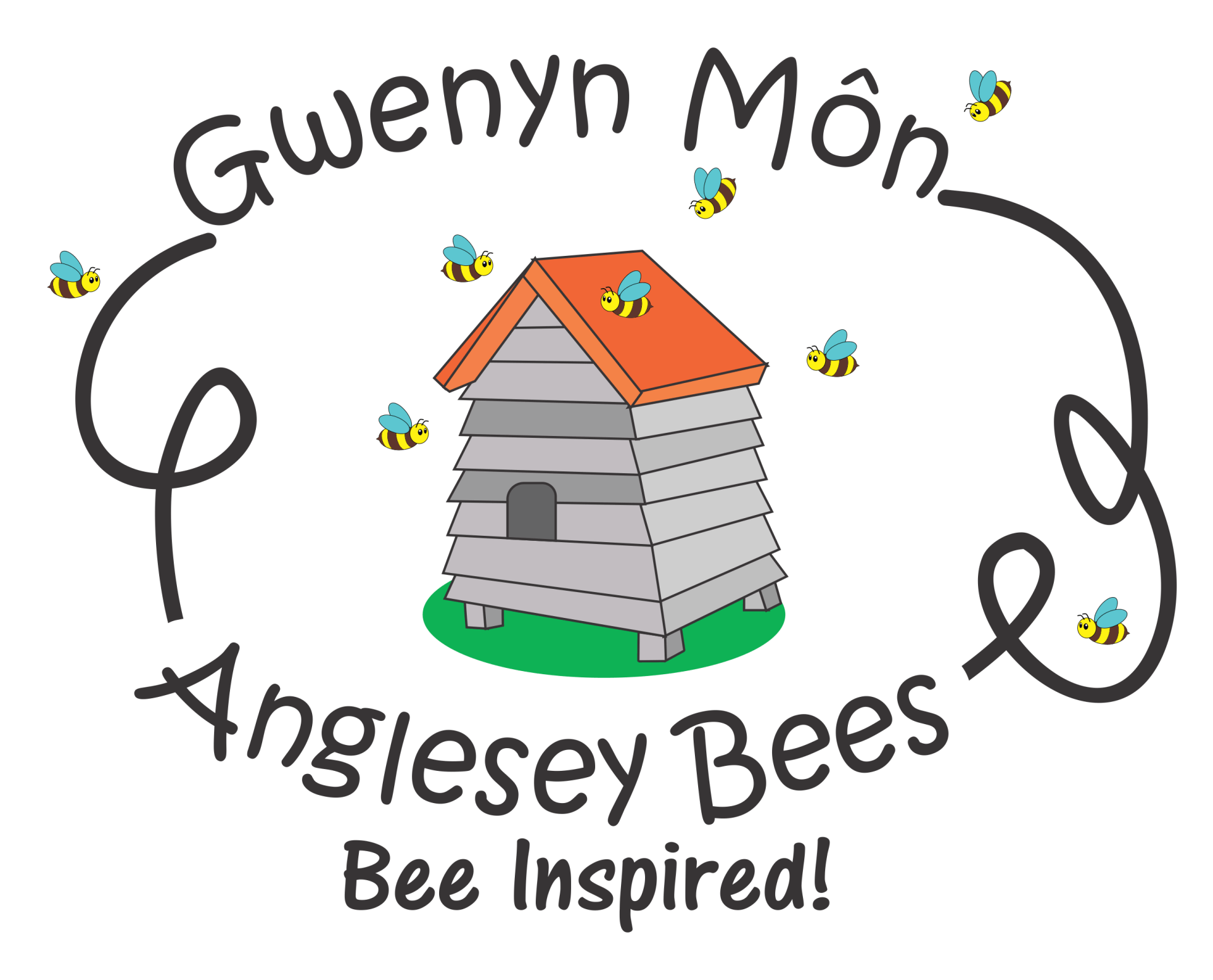List of services
-
A year in the life of a beekeeperList Item 2
A talk suitable for a lay audience or a beginner's course. It introduces the main beekeeping activities on a month by month basis.
-
So you want to be a beekeeper!List Item 3
A presentation suitable for a lay audience or a beginner's course. It gives a taste of the requirements that need to be met before aquiring your bees, including what makes a suitable site for an apiary, some basic bee biology and essential beekeeping tasks
-
Are they bees or wasps?List Item 4
Uses examples and plenty of images to explain the taxonomy of honey bees and related creatures. Suitable for a beginners course or lay audience
-
How did it all start?
An illustrated potted history of beekeeping from the days of honey hunters depicted in 8000 year old cave paintings, to beekeeping in ancient Egyptian, Roman and Greek civilisations. This is followed by the evolution of hives up to current day practices. Suitable for a lay audience or a beginner's course
-
Who's who in the hive
An explanation of the different castes of bees (worker, drone and queen) and their role in a honey bee colony throughout the beekeeping year. Suitable for a beginner's course or a lay audience
-
There's more to it than just the honey!
Explains in words and pictures why we keep bees, including the important role of bees as pollinators, the co-evolution of flowering plants and bees, and the proven health benefits of hive products. Suitable for a lay audience
-
Preparing for winter
This talk starts with a discussion of the significance of the timing of miticide treatment on the winter survival of bees. Then Autumn feeding and uniting weak colonies are considered, followed by insulating hives and emergency feeding.
Suitable for intermediate beekeepers and beekeepers' associations
-
Queen rearing made easy
In this talk I discuss the pros and cons of different queen rearing methods and the management of queen cell builder colonies. All the methods discussed are suitable for the small hobbyist or can be scaled up. Methods of producing and expanding nucs are also discussed.
Suitable for intermediate beekeepers and beekeepers' associations
-
Spring management
Management techniques such brood nest expansion and getting foundation drawn are discussed along with supering and swarm management and frame exchange.
Suitable for intermediate beekeepers and beekeepers' associations
-
How I recovered from the Beast from the East
An ilustrated talk based on a series of two articles that I published in "The Welsh Beekeeper" magazine in 2019, diagnosing the cause of separation starvation and steps to avoid it in the future. This is followed by how I reared queens and made nucs to quickly recover my losses.
A talk suitable for experienced beekeepers and beekeeping associations.





